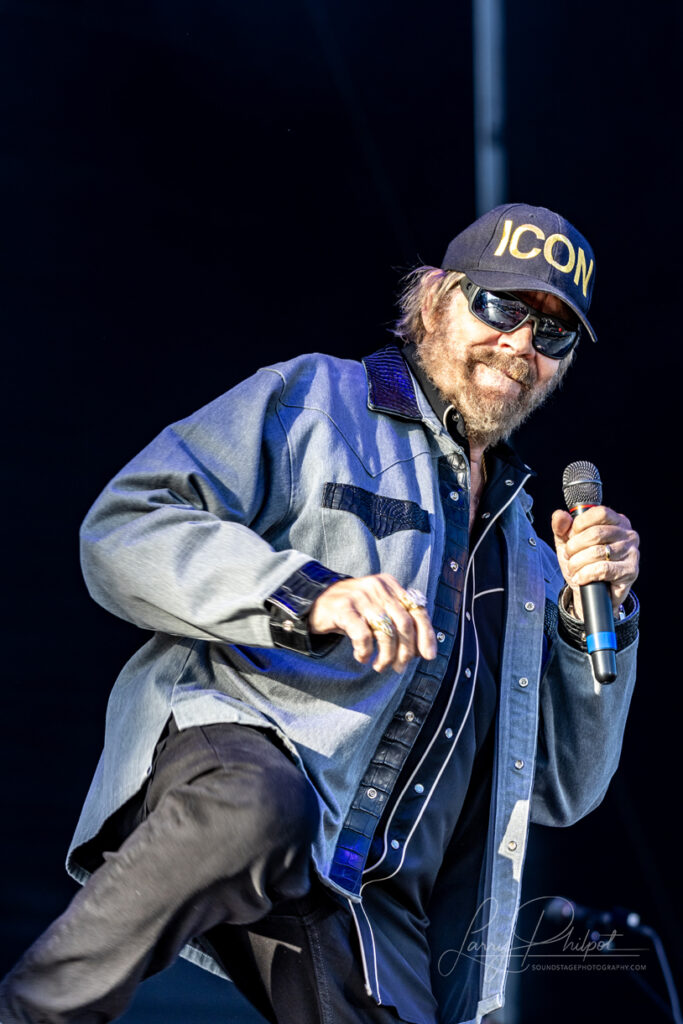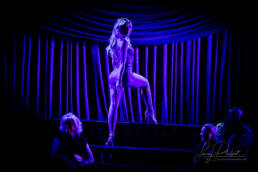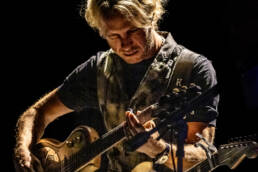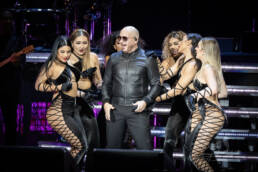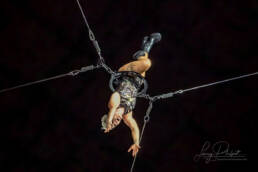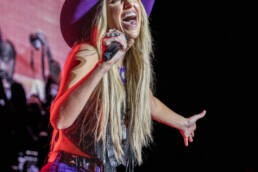Hank Jr. : The Rocker who Blazed His Own Trail
Hank Williams Jr.: The Outlaw Who Carved His Own Trail
The Spark That Lit the Fire
Picture a young Hank Williams Jr., a wiry kid in Nashville, strumming his daddy’s guitar in the shadow of a ghost he couldn’t outrun. Born Randall Hank Williams on May 26, 1949, in Shreveport, Louisiana, he was just 3 when Hank Sr. died—moonshine and morphine stealing a legend. Mom Audrey shoved him onstage at 8, crooning “Lovesick Blues” to Hank Sr.’s crowd. But it was a late ‘60s jukebox spin—Moe Bandy’s twang, Waylon’s grit—that woke him. “I didn’t want to be a cover act,” he’d growl. A 1975 mountain fall nearly killed him; surviving lit the fuse. That drive—to break free, to roar his own song—pushed him from tribute act to outlaw king.
The Man Behind the Beard
Hank Jr.’s tale starts in the South’s heat—son of Hank Sr., a country titan, and Audrey, a stage mom with steel. Raised in Nashville, he was a pawn—singing Sr.’s hits by 11, a puppet in cowboy boots. Teen years rebelled—booze, pills, guitars over school. By 20, he was a husband—five times over: Gwen Yeargain, Becky White, Mary Jane Thomas (1984-2022)—dad to Hank III, Holly, Hilary, Samuel, and Katie (lost in a 2020 crash). A 1975 Ajax Peak fall—400 feet, face shattered—rebuilt him; scars and shades became his badge. At 75 in 2025, he’s a grizzled survivor, still strumming in Alabama, voice rough as gravel.
The Career That Redefined Country
Hank Jr.’s legacy is solo—Hank Williams Jr.—but bands shaped him. Early ‘60s, he mimicked Sr. with pickup players; Your Cheatin’ Heart (1964) charted. The ‘70s shift—Hank Williams Jr. & Friends (1975)—with Charlie Daniels, Toy Caldwell—birthed his sound: country rock, outlaw swagger. No fixed band—just Hank—but The Bama Band (Chuck Nelson, Ray Barrickman) backed ‘80s hits like Family Tradition (1979), The Blues Man (1980). Solo peaks—Born to Boogie (1987), Lone Wolf (1990)—sold millions. Collabs? Waylon Jennings, Willie Nelson (WWII, 1982). Tours roll on—2024’s “Live in Concert” his latest holler.
Bandmates: No core crew—session aces like Daniels, James Stroud (drums), Mike Haynes (horns)—Hank’s growl and axe led. Relationships: Jennings mentored him—‘70s jams; Kid Rock’s “Redneck Paradise” (2013) remix bonded them—Rock dubbed him “Uncle Hank.” TV/Film: Monday Night Football theme (1989-2011), A Time to Sing (1968 debut), The Dukes of Hazzard narration (2006). Awards: Grammys elude—nominated thrice—but CMA Entertainer of the Year (1987, 1988), Country Music Hall of Fame (2020), 20 million albums sold. Big Songs: “Family Tradition” (Williams Jr., 1979)—a rebel yell; “A Country Boy Can Survive” (Williams Jr., 1981)—a survivalist snarl; “All My Rowdy Friends Are Coming Over Tonight” (Williams Jr., 1984)—a party stomp; “Born to Boogie” (Williams Jr., 1987)—a No. 1 twang.
The Shadows That Followed
Hank Jr.’s road’s a barroom brawl of highs and hells. That 1975 fall—Ajax Peak, Montana—smashed his face; 11 surgeries, two years sidelined—booze and painkillers nearly finished him. “I shoulda died,” he’d shrug. In 1989, ESPN axed his Monday Night Football gig after he likened Obama to Hitler on Fox & Friends—fans split: “Free speech!” vs. “Dumbass!”—he doubled down, “I’d say it again.” Daughter Katie’s 2020 car crash death—31, flipped in Tennessee—gutted him; no scandal, just grief—tributes poured, he went silent. A 2022 spat with Hank III over Sr.’s estate—III called him “greedy”—hit tabloids; unsettled by ‘25, it’s “family mess.” Through wrecks and rants, his growl endures—an outlaw unbroken.
Word Count: ~1000. Hank Williams Jr. turned legacy into rebellion, a country lion roaring past the pain.
————————————————-
